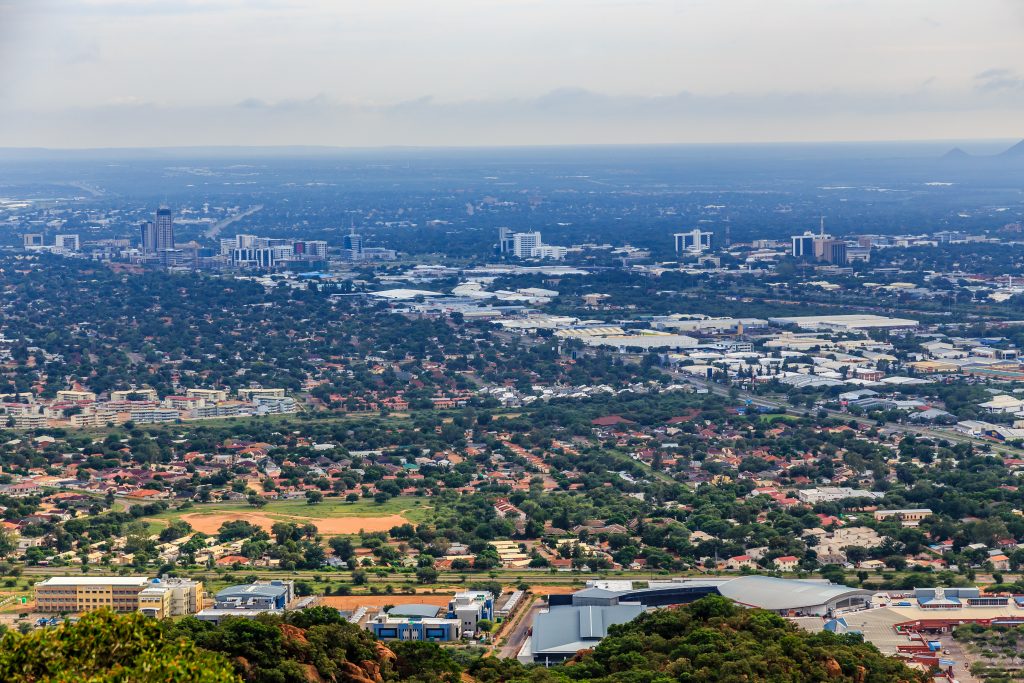Botswana must diversify into commodities such as coal and base metals as a matter of urgency, after a difficult year for diamonds sapped government revenue

Botswana must diversify into commodities such as coal and base metals as a matter of urgency, after a difficult year for diamonds sapped government revenue, Botswana’s President Mokgweetsi Masisi said on Wednesday.
The Covid-19 pandemic aggravated weakness in the diamond sector, which accounts for 80% of Botswana’s export earnings.
“Overdependence on diamonds has more than ever made it imperative for us to urgently expand our revenue base to other minerals such as coal and base metals,” the president told the Investing in African Mining Indaba.
Botswana aims to promote prospecting and mining of other minerals, including coal, of which the country has an estimated 212 billion tonnes.
Masisi said the government was working with neighbouring countries to develop infrastructure to access the seaborne coal markets.
“In an effort to develop the routes to seaborne markets, my government is working in close collaboration with neighbouring countries to put in place the necessary infrastructure to facilitate export of coal,” he said.
Botswana’s state-owned Morupule Coal Mine is developing a mine that will boost annual output by 35% this year.
Private coal miner Minergy Ltd started exporting coal to South Africa in mid-2020, and is hoping to win a contract to supply coal to South Africa’s power utility Eskom.
Botswana is turning to coal as investors turn away from the most polluting of fossil fuels.
The diamond industry, meanwhile, is showing signs of rallying from a period of oversupply and weak demand made worse by the restrictions and economic devastation caused by Covid-19.
Anglo American unit De Beers earlier on Wednesday reported higher diamond sales, boosted by robust demand ahead of the Chinese New Year and Valentine’s Day.
But exports of rough diamonds mined by Debswana, the joint venture between De Beers and the Botswana government, fell by 30% in 2020.

